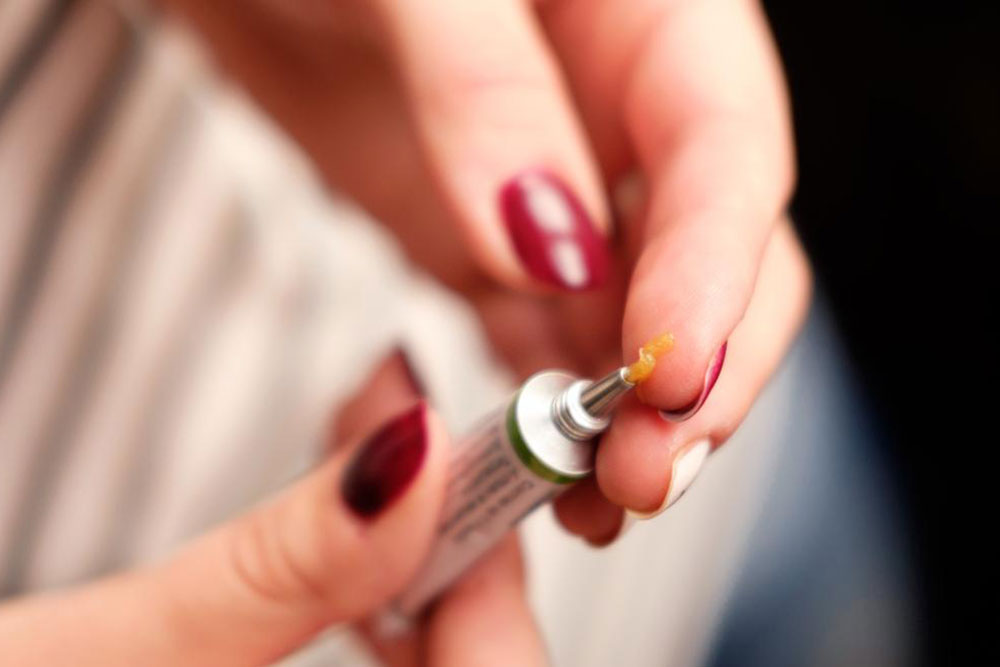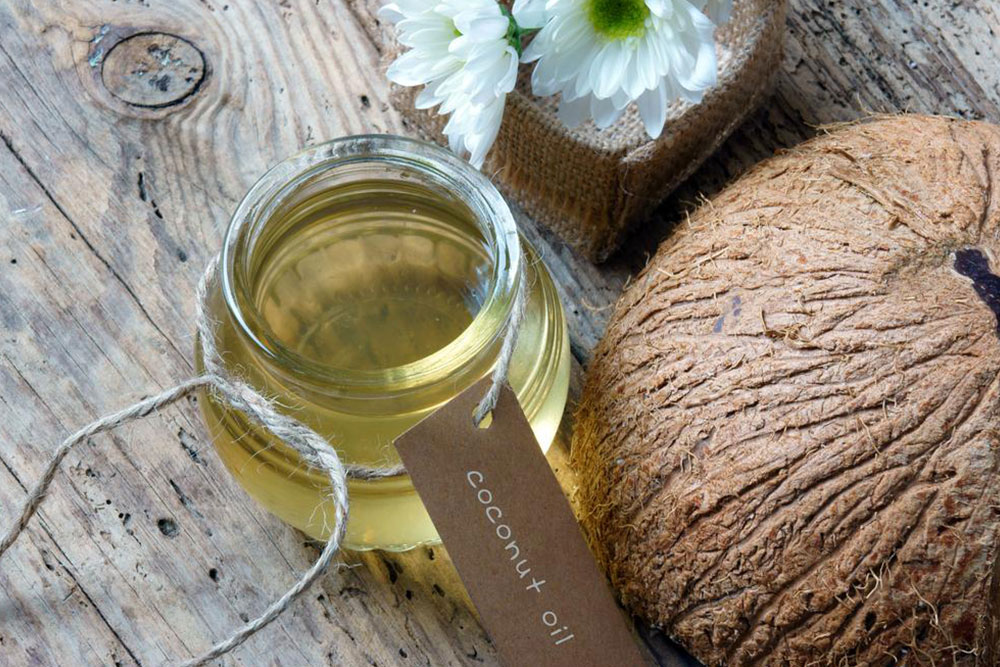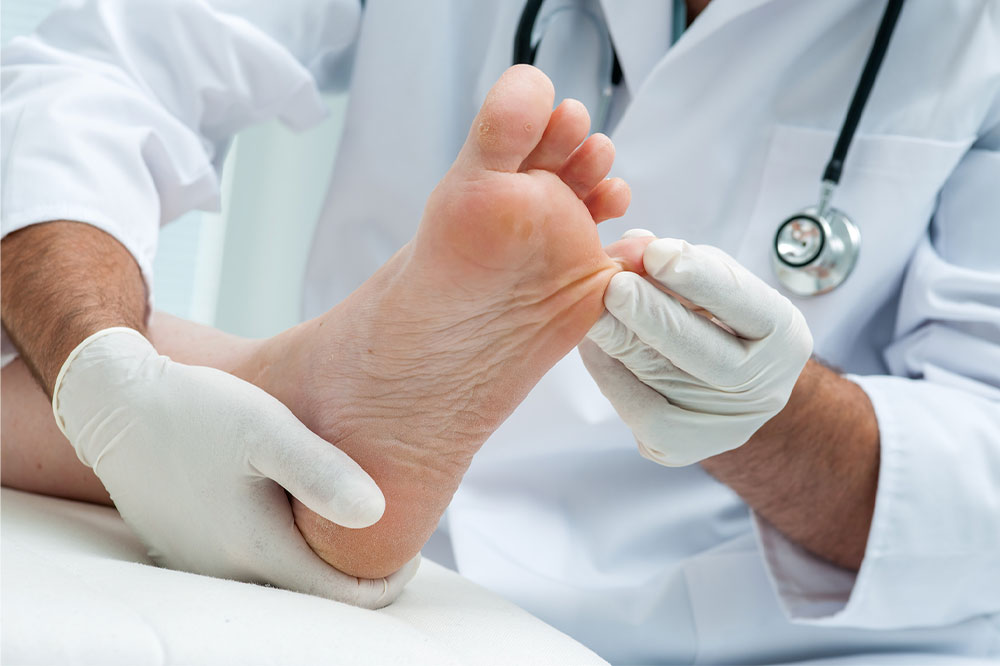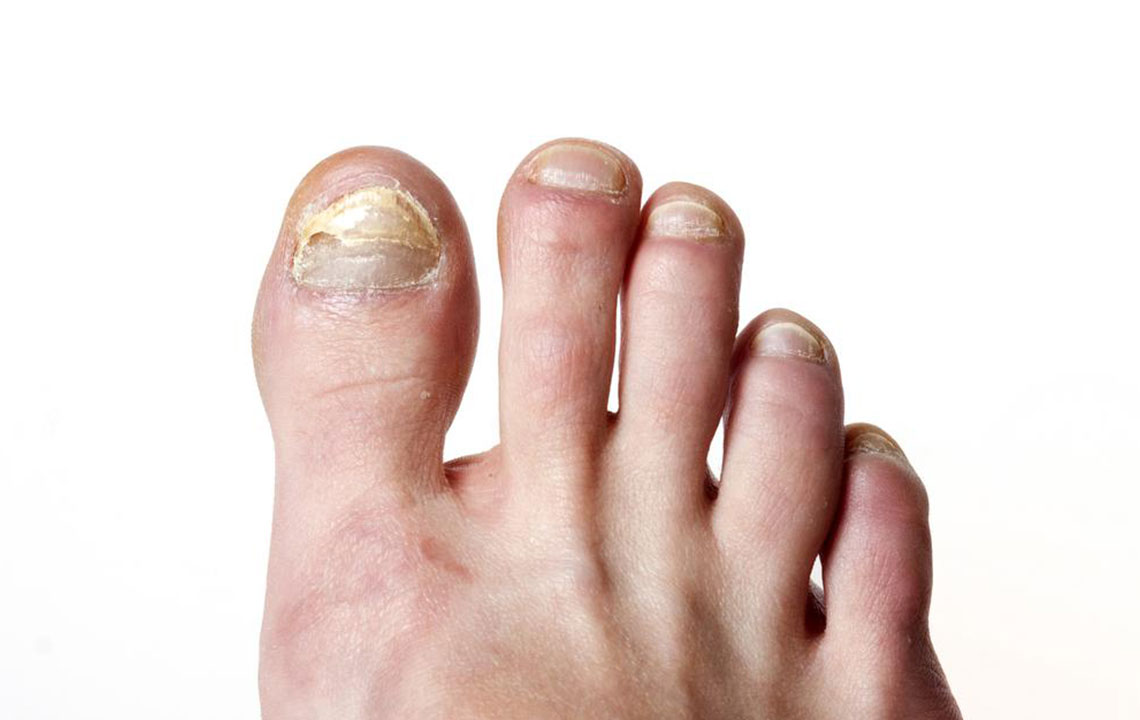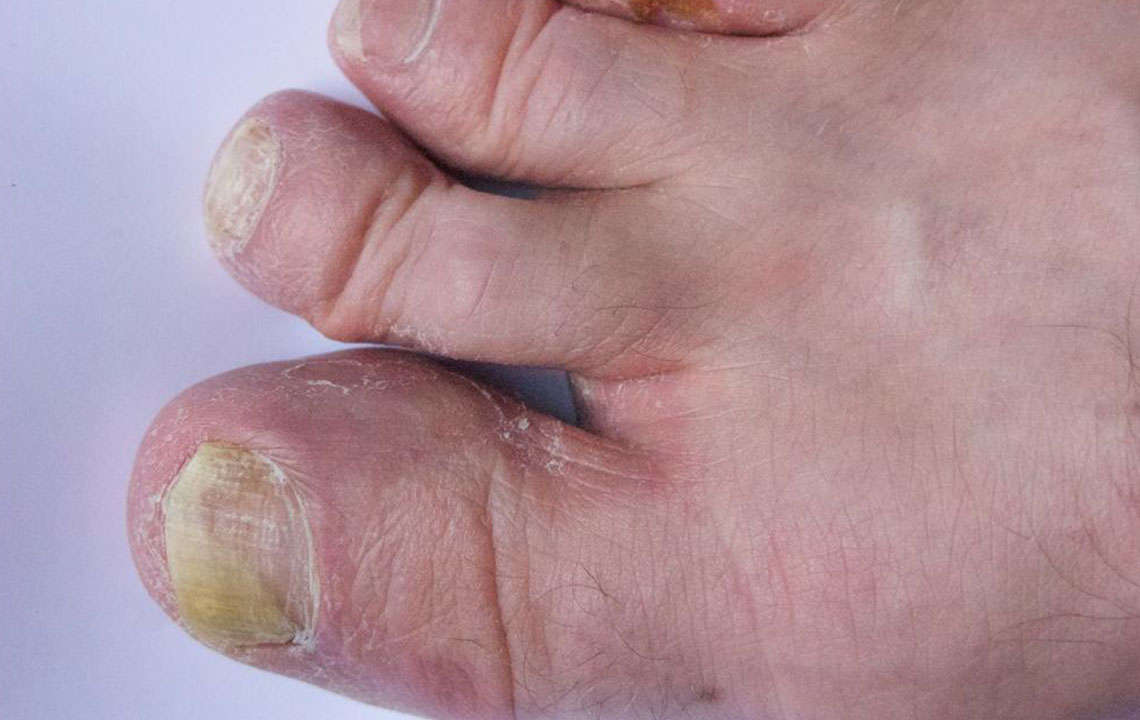Effective Home Remedies to Quickly Overcome Fungal Infections
Discover comprehensive home remedies to effectively and quickly treat fungal infections. Learn natural solutions like tea tree oil, garlic, yogurt, and hydrogen peroxide, along with preventive tips to keep your skin healthy. This detailed guide provides practical advice for managing fungal skin conditions at home, emphasizing safety and prevention for long-term skin health.
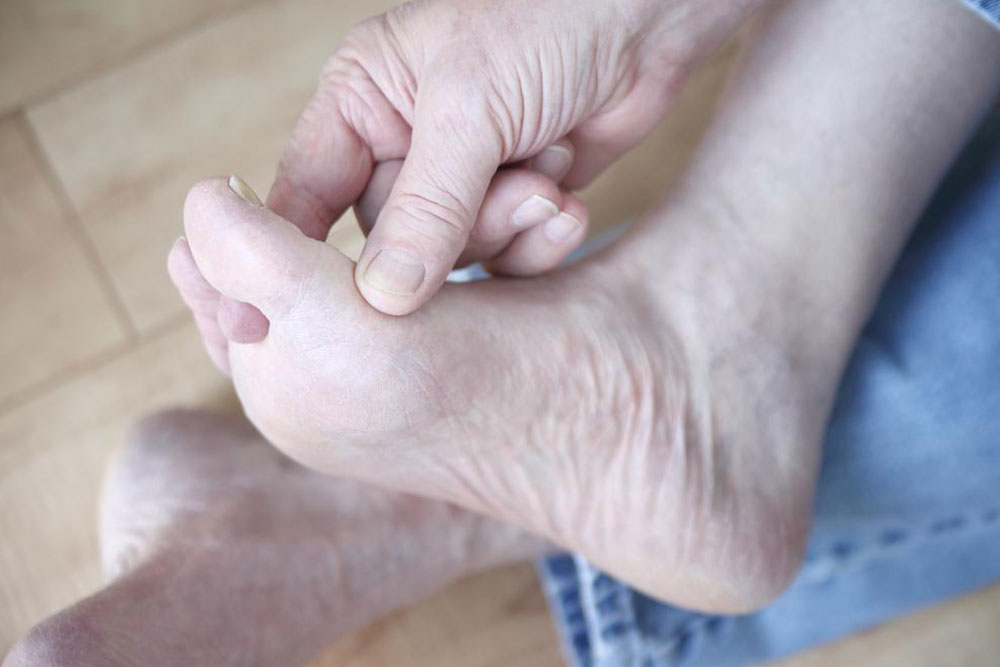
Fungal infections are common skin conditions that, while often not serious, can cause significant discomfort and aesthetic concerns, especially when they appear on visible parts of the body. These infections are caused by fungi that thrive in warm, moist environments and can spread easily if not treated promptly. Although they are typically harmless, untreated fungal infections can lead to prolonged discomfort and, in some cases, secondary bacterial infections. Therefore, understanding effective home remedies and prevention strategies is essential for quick recovery and maintaining healthy skin.
Maintaining proper hygiene is the cornerstone of preventing fungal infections. Regular washing and keeping the skin dry, especially in areas prone to moisture accumulation such as between toes, underarms, and groin, can significantly reduce the risk. Moreover, wearing breathable clothing and using clean, dry towels helps create an unfavorable environment for fungi to thrive. Despite these precautions, outbreaks may still occur due to factors like weakened immunity, skin injuries, or exposure to contaminated surfaces. Fortunately, many effective home remedies are readily available using common household ingredients, allowing for quick intervention without the need for prescription medicines.
Understanding Common Causes of Fungal Infections
Poor hygiene and sanitation: Accumulation of sweat, dirt, and dead skin cells can promote fungal growth.
Warm, humid environments: Tropical climates or indoor settings with poor ventilation create ideal conditions for fungi.
Skin injuries: Cuts, abrasions, or broken skin provide entry points for fungi.
Compromised immunity: Conditions like diabetes, HIV/AIDS, or use of immunosuppressive medication can increase susceptibility.
Shared items and contaminated surfaces: Using communal towels, shoes, or walking barefoot in public places can facilitate infection.
Natural and Home Remedies for Fungal Infections
When fungal infections occur, early and effective treatment using natural remedies can help control the infection, reduce symptoms, and promote rapid healing. These remedies are generally safe, affordable, and easy to prepare at home, making them accessible options for most people.
1. Tea Tree Oil: Nature’s Antiseptic
Tea tree oil is renowned for its potent antifungal and antiseptic properties. To use, dilute a few drops of pure tea tree oil with a carrier oil such as sweet almond oil or olive oil—generally, a 1:10 ratio is appropriate. Apply this mixture directly to the affected area using a clean cotton swab or cloth. Alternatively, making a soothing Aloe Vera gel combination with tea tree oil can enhance healing and reduce inflammation. It’s important to note that pregnant women should consult their healthcare provider before using tea tree oil, as it may not be suitable during pregnancy.
2. Garlic: An Ancient Remedy
Garlic possesses natural antifungal and antimicrobial properties, making it an effective remedy for fungal infections. To prepare, crush several garlic cloves to release allicin—its active compound—and mix with a small amount of olive oil to form a paste. Apply the garlic paste to the infected area and leave it on for about 30 minutes. Rinse off with warm water carefully, and repeat this process daily until the infection clears. Consuming raw garlic regularly can also bolster your immune system, aiding in faster recovery.
3. Essential Oils: Preventive and Therapeutic
Apart from tea tree oil, essential oils like oregano oil, thyme oil, and garlic oil are known for their strong antifungal properties. Keeping a small stock of these oils can be helpful if you frequently experience fungal infections. Use as a preventive measure by applying diluted essential oils to vulnerable areas or adding a few drops to bathwater. These oils help inhibit fungal growth and prevent recurring infections.
4. Yogurt: A Soothing Natural Remedy
Plain, unsweetened yogurt contains probiotics like Lactobacillus, which help restore the natural microbial balance of the skin and suppress fungal growth. To apply, dip a clean cotton ball into plain yogurt and gently dab it over the infected site. Leave it on for about 30 minutes before washing off with warm water. Repeat this process twice daily until symptoms improve. Incorporating probiotic-rich yogurt into your diet can also support a healthier skin microbiome, aiding in the prevention of future infections.
5. Hydrogen Peroxide: Disinfection and Healing
Hydrogen peroxide is a widely used antiseptic that can effectively disinfect the skin and help eliminate fungal pathogens. Dilute hydrogen peroxide with an equal amount of water and gently clean the affected area with a cotton swab or soft cloth. For foot infections, soaking them in a solution of hydrogen peroxide and water (generally one part peroxide to three parts water) can be particularly effective in reducing fungal presence. Hydrogen peroxide promotes healing by removing dead skin cells and reducing bacterial load, thereby supporting faster recovery.
Additional Tips to Prevent Fungal Infections
Maintain good personal hygiene practices, including regular washing of infected or prone areas.
Keep the skin dry and wear breathable, loose-fitting clothing made from natural fibers like cotton.
Avoid sharing personal items like towels, shoes, or socks in communal environments.
Change wet or sweaty clothes promptly, especially after exercising or bathing.
Use antifungal powders or sprays on vulnerable areas, especially in humid climates.
Strengthen your immune system through a healthy diet, regular exercise, and adequate rest.
Consult healthcare providers for persistent or severe cases of fungal infections.
When to Seek Medical Attention
Most fungal infections respond well to home remedies and self-care. However, if you notice symptoms such as extensive skin redness, swelling, pain, oozing, or if the infection persists despite treatment, it’s essential to seek medical advice. Fungal infections can sometimes lead to secondary bacterial infections or camouflage underlying health issues that require professional intervention. A healthcare provider may prescribe topical or oral antifungal medications for stubborn or resistant cases.
In conclusion, understanding and implementing effective home remedies can significantly reduce the duration and discomfort of fungal infections. Combining proper hygiene, natural remedies, and preventive practices creates a comprehensive strategy to combat these skin conditions swiftly and effectively. Regular monitoring and prompt action play crucial roles in maintaining skin health and preventing future outbreaks.
